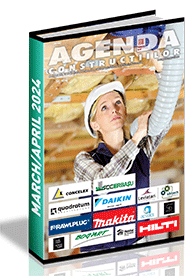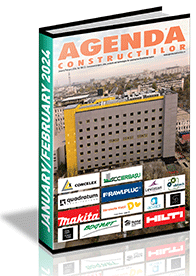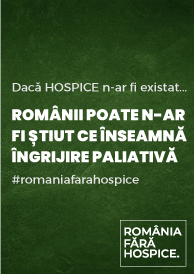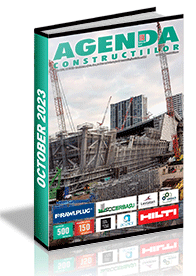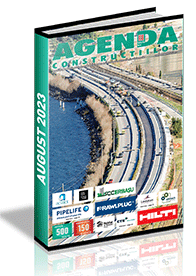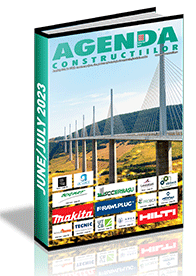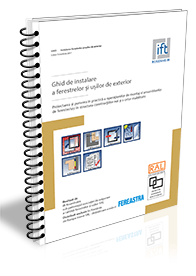| ANALYSIS: Fireproofing of the component materials of the facades |
| English Section Publicat de Ovidiu Stefanescu 23 Nov 2015 13:58 |
 Fire resistance of materials which are part of buildings envelopes, regardless of destination, is a characteristic of the utmost importance, risks arising from the likelihood of a fire being real, and the consequences hard to foresee. Although, it would seem that the façades have a decisive role in this respect only insofar provides a direct connection between the inner and outer environment, the reality is much more complex. A proof of this is given, for example, by the difficulty of defining in a correct and complete way the equipotential feature of a curtain wall by the committee in charge of revising the standard EN 13830. Wrong construction of such a structure involves taking huge risks, a convincing example in this regard is constituted by instantaneous ignition of a curtain wall at a building in Bucharest downtown a few years ago, mainly because of misuse of compliant materials (flame retardant) for ventilated façade insulation. The examples do not stop there, industry experts warned on numerous occasions that, especially because such a modern structure requires the application of special protective measures, such as the use of special systems for glass, installation of barriers prevents the transmission of fire between floors etc. The tragedies that marked Romania in recent years have often been related materials are widely used in local carpentry industry. It is relevant the scientific analysis of polyurethane (PU) foam reaction to fire, this type of material being used in excess by Romanian windows installers. The presence of such material, which, in contact with fire issue - according to official measurements - carbon monoxide (hemoglobin inhibitor known by its stabilization formula, leading to asphyxiation by limiting access of oxygen at the cellular level), mono- and nitrogen dioxide, and hydrogen cyanide (popularly known as "prussic acid") - extremely toxic both in the form (its vapor released at only 26 ° C, causing severe burns of the respiratory tract, particularly in the airways higher, and the state of salts by means of cyanide ion (CN-) - is at least questionable. Of course, there are solutions that can be used for fireproofing after application, but they are almost never applied, even if they are made available by the suppliers. Fire resistance of materials which are part of buildings envelopes, regardless of destination, is a characteristic of the utmost importance, risks arising from the likelihood of a fire being real, and the consequences hard to foresee. Although, it would seem that the façades have a decisive role in this respect only insofar provides a direct connection between the inner and outer environment, the reality is much more complex. A proof of this is given, for example, by the difficulty of defining in a correct and complete way the equipotential feature of a curtain wall by the committee in charge of revising the standard EN 13830. Wrong construction of such a structure involves taking huge risks, a convincing example in this regard is constituted by instantaneous ignition of a curtain wall at a building in Bucharest downtown a few years ago, mainly because of misuse of compliant materials (flame retardant) for ventilated façade insulation. The examples do not stop there, industry experts warned on numerous occasions that, especially because such a modern structure requires the application of special protective measures, such as the use of special systems for glass, installation of barriers prevents the transmission of fire between floors etc. The tragedies that marked Romania in recent years have often been related materials are widely used in local carpentry industry. It is relevant the scientific analysis of polyurethane (PU) foam reaction to fire, this type of material being used in excess by Romanian windows installers. The presence of such material, which, in contact with fire issue - according to official measurements - carbon monoxide (hemoglobin inhibitor known by its stabilization formula, leading to asphyxiation by limiting access of oxygen at the cellular level), mono- and nitrogen dioxide, and hydrogen cyanide (popularly known as "prussic acid") - extremely toxic both in the form (its vapor released at only 26 ° C, causing severe burns of the respiratory tract, particularly in the airways higher, and the state of salts by means of cyanide ion (CN-) - is at least questionable. Of course, there are solutions that can be used for fireproofing after application, but they are almost never applied, even if they are made available by the suppliers. |
ABONARE REVISTA (click aici): PROIECTE | INVESTITII | REVISTE | INDEX COMPANII
DATE DE CONTACT: Agenda Constructiilor & Fereastra - Tel/Fax: 021-336.04.16, 031-401.63.88
Stiri & Comunicate
Documente
01 sep 2020






.gif)


